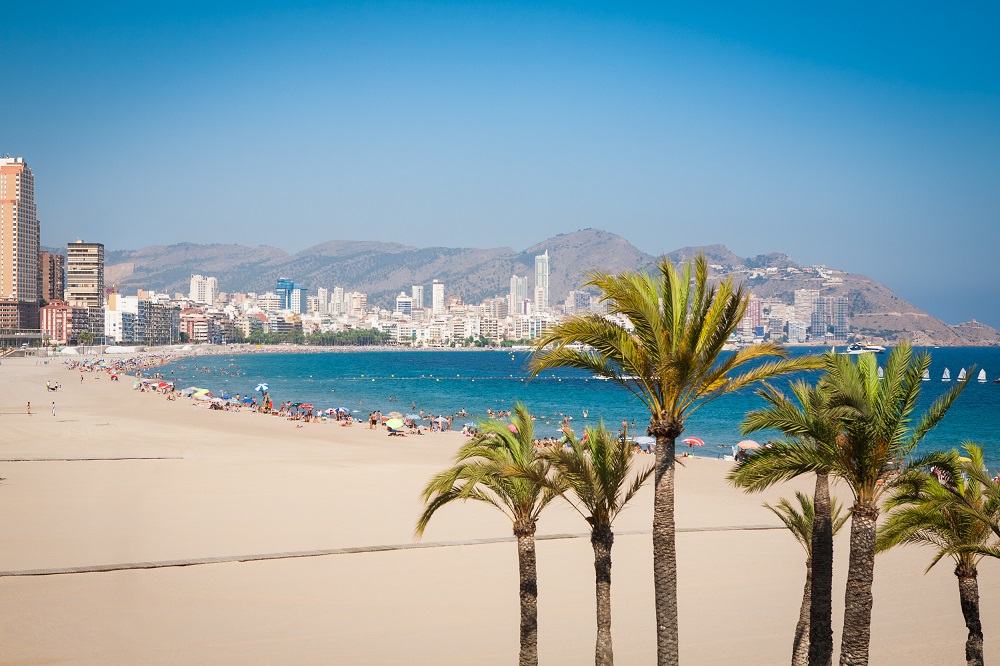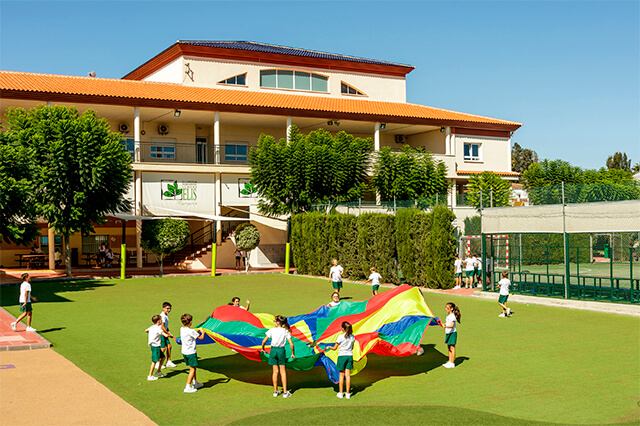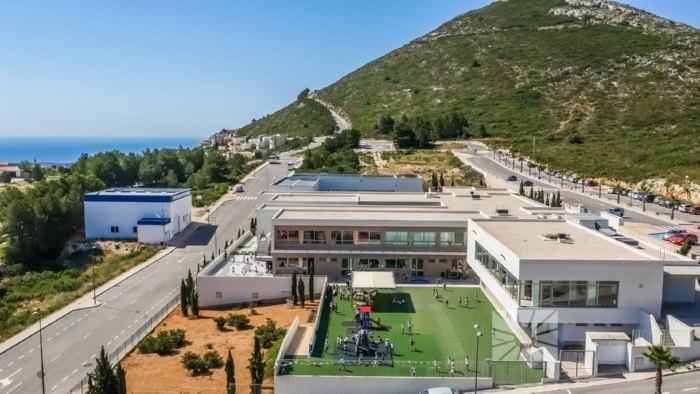Guide to Educational Institutions in Costa Blanca, Spain: Public, Private, and International Schools

The Costa Blanca education center is known for its excellence. The institutions in this area, distinguished by their diverse curriculum and bilingual learning environment, offer students a unique educational experience.
Choosing the right school for your children is of utmost importance when moving to another country. This article aims to provide an overview of the top schools on the Costa Blanca. Whether you are thinking of moving to Spain or already doing so, this guide will prove invaluable in navigating the educational options available. If you want to learn more about life on the Costa Blanca, you must start following the happylife.es blog.
Is the Education System in Spain Good Enough?
First, before jumping into the details of the educational institutions in Costa Blanca, it is important to look at the overall question of whether the education system in Spain meets international standards. Education in Spain as a country has been undergoing rapid changes in recent years with the main purpose of improving quality and accessibility. Looking at it from the other side nevertheless, some problems remain, such as big differences between regions and high drop-out rates. Yet, the system has a very strong core with a special focus on basic subjects as well as being culturally and linguistically adapted with enough flexibility to adapt to the needs of local students. Moreover, the country has well-known universities and a rich cultural heritage, which enhances the complete educational experience.

What to Take into Consideration When Picking a School in Spain?
- Language of Instruction: While Spanish is the language of instruction in state schools, most international schools in Alicante teach in English. Bilingualism is encouraged, and students often have the option to learn Spanish alongside their primary curriculum.
- Curriculum Options: International schools in Alicante offer various curricula. Many follow the British curriculum, but you can also find schools offering the Spanish national curriculum alongside other European curricula. Dual curriculum models often qualify for government funding.
- Local Integration: International schools in Spain typically have a significant proportion of local students (more than the required 25%). This integration helps children adapt to local life and culture.
- Uniforms and Additional Costs: Unlike state-run schools, international schools often have uniforms. Additional costs for school books, extracurricular activities, and other items are usually not included in the school fees.
How Expensive are International Schools in Costa Blanca?
Prices for international schools on the Costa Blanca can vary widely depending on factors such as the school’s reputation, facilities, curriculum, and location. International schools generally have more expensive programs and smaller class sizes than public schools. Here are some approximate price ranges:
- Annual Tuition Fees:
- Primary Years: €5,000 to €12,000 per year
- Secondary Years: €8,000 to €20,000 per year
- Additional Costs:
- Uniforms: Some schools require uniforms, which can add to the expenses.
- Extracurricular Activities: Fees for sports, arts, and other activities may apply.
- Books and Materials: Expect additional costs for textbooks and supplies.
- International Baccalaureate (IB) Schools: IB schools often have higher fees due to the rigorous program they offer.
Remember that these figures are approximate, and it’s essential to check with specific schools for accurate and up-to-date information. Additionally, financial aid or scholarships may be available at some institutions. 🎓💰
What Languages Can One Learn in Spanish Schools?
Spanish schools typically offer instruction in Spanish, with English emerging as a prominent second language. However, many schools also provide opportunities to learn additional languages, catering to the diverse linguistic needs of students. Commonly offered languages include:
- English: Widely regarded as the international language of communication, English instruction is prevalent in Spanish schools, starting from primary levels.
- French: With its cultural significance and relevance in international affairs, French is often offered as a third language option in many schools.
- German: As a leading economic power in Europe, German language instruction is gaining popularity, especially in secondary education.
- Mandarin Chinese: Recognizing the growing importance of China in global affairs, some schools offer Mandarin Chinese as an elective language, providing students with valuable linguistic skills.
International Schools of Costa Blanca:
Costa Blanca boasts a diverse range of international schools, catering to both the expatriate community and local residents seeking a globalized education. Below are notable international schools in the region:
- King’s College: Offering a British curriculum with a strong focus on academic excellence and character development, King’s College provides a nurturing learning environment for students from preschool to secondary levels.
- The Lady Elizabeth School: Known for its academic excellence and holistic approach to education, The Lady Elizabeth School combines the British curriculum with Spanish language and culture studies.
- Xabia International College: Embracing diversity and academic rigor, Xabia International College follows the British curriculum, fostering critical thinking and creativity among its students.
- Phoenix International School: Committed to global citizenship and intercultural understanding, Phoenix International School offers the International Baccalaureate (IB) program, preparing students for a rapidly evolving world.
- Sierra Bernia School: Recognized for its inclusive ethos and personalized learning approach, Sierra Bernia School integrates the British curriculum with Spanish language and culture studies, nurturing students’ curiosity and social responsibility.
- Skandinaviska Skolan Costa Blanca: Serving the Scandinavian community, this school provides bilingual education in Swedish and English, promoting cultural exchange and academic excellence.
- Costa Blanca Norwegian School: Focusing on Norwegian language and culture alongside the International Baccalaureate (IB) program, this school offers a unique educational experience for Norwegian-speaking students.
- Lycée Français Alicante: Catering to the French-speaking community, Lycée Français Alicante follows the French curriculum accredited by the French Ministry of Education.

Costa Blanca has a range of educational institutions, including public, private, and international schools, to meet the diverse needs of students and families Practitioners can make informed decisions, ensuring their children have a rewarding educational experience.

